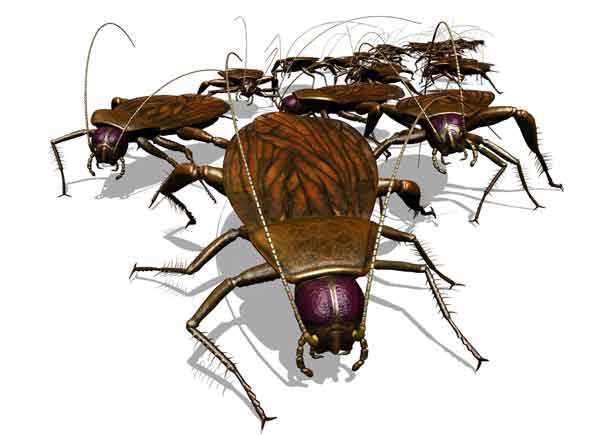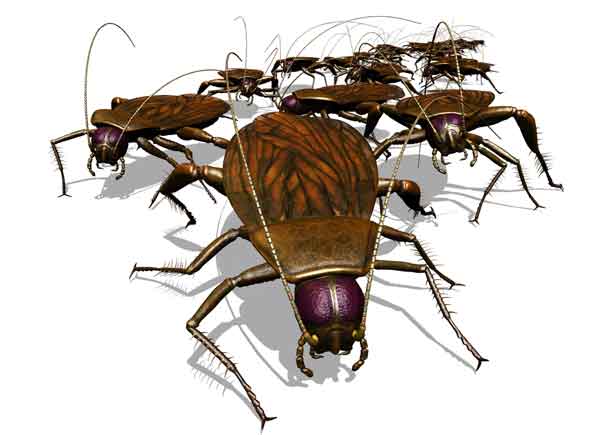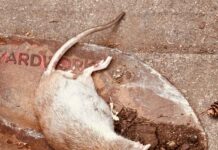
PORTLAND OR – LIVING – Once we see traces of cockroaches and other pests in our homes, our first call to action is to reach for the strongest pesticide that we can find. However, before doing so, keep in mind that pesticides can ultimately affect everyone’s health and can contribute to air, water, and soil pollution. While pesticides are designed to kill the unwanted pests and insects we find on our property, it can also cause a lot of damage not only to our health but also our plants and animals. You must execute safer pest control practices.
Here are four safe pest control practices that you can follow in your home.
- Keep children away from a pesticide before applying.
Before using any products for pests and other insects, remove any toys, pets, and especially your children from the area where you are applying it to. Keep them away from that area until any remnants of pesticide are gone. This is to ensure that your children and pets will not accidentally ingest or inhale poisonous chemicals throughout the process. Make sure that anything that your children usually gets hold of such as toys are kept away from the area since pesticides are highly toxic chemicals that can affect your children’s health if accidentally ingested.
- If you can, try using non-chemical methods to remove pests in your home.
One of the most effective ways for safer pest control is through the use of non-chemical products and methods in removing pests. One way of doing this is by removing any sources of food that they can easily access to such as leaky pipes. Another is to be on the lookout for breeding sites and pest shelters like plant debris and destroy them. If you can get to the main source of the problem and have it fixed early on, you will no longer need to apply pesticides.
- Always read the label first and use protective measures.
You must always take precaution when applying pesticides. Read the label first and follow all the instructions, including any restrictions that may be stated. The worst thing that could happen is not using it properly and affects everyone’s health. When handling pesticides, you will be instructed as stated on the label to use protective measures. Use gloves, long pants, and shirts when applying pesticides whether indoors or outdoors. After doing so, make sure to change your clothes and wash your hands thoroughly.
- Try to avoid widespread application throughout your home.
In order to minimize environmental contamination, avoid applying pesticides throughout your home but use spot treatment instead. Determine where pests are most prevalent in your property and apply pesticide on to the affected area only. Make sure to follow the instructions well and apply it to the target spot. Avoid applying on windy conditions because it can get into areas that you don’t want them to. Also, make sure that when applying pesticides, it won’t get into to drains, creeks and other bodies of water to avoid water contamination.




